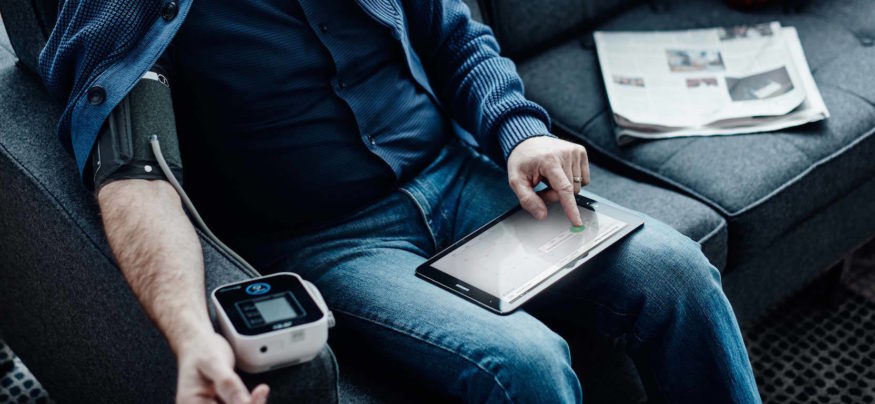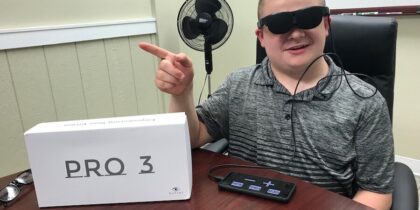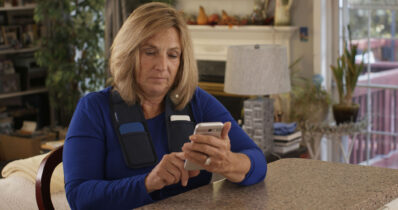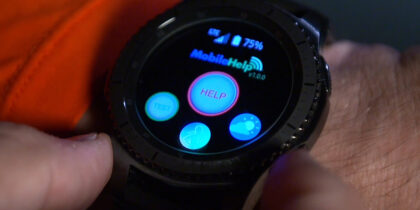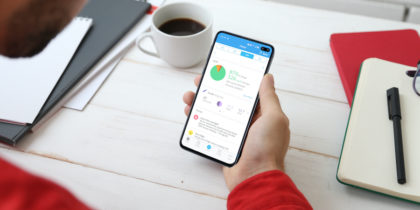Although mobile medical apps are gaining popularity, consumers, patients and physicians have shared concerns about these potentially impactful tools. So how does one go about separating the good mobile health apps from the bad?
Efficacy
Does the app do what it claims to do? Healthcare has lagged behind other sectors of society in the adoption of mobile app technologies. Patient safety is paramount, and both patients and physicians have expressed concerns around the efficacy of mobile medical apps. Most apps, with the exception of those functioning as medical devices, don’t require FDA oversight. Therefore, consumers, patients and healthcare professionals must determine themselves which apps provide accurate content and are worth using. If data from a clinical outcome is sought for an app, the study doesn’t need to have the same long follow-up period that’s required for a drug or a traditional medical device.
Despite these issues, certain companies have had success in using mobile apps in clinical studies. The use of mobile technology in the area of cardiac rehabilitation has been considered in the past, and the Mayo Clinic recently used new technology to launch a successful study aimed to help cardiac rehab patients lose weight. The study examined the impact of mobile health technology on weight loss in patients undergoing cardiac rehabilitation after a heart attack. Patients were randomly assigned to undergo cardiac rehab with or without smartphone health tools like direct messaging, videos, articles and quizzes. The mobile health group lost on average 9 pounds, versus the 2 pounds lost by the non-mobile group after 12 weeks. The success of this trial inspired similar studies, such as Scripps Translational Science Institute teaming up with The Chopra Foundation to use mobile health sensors to examine the effect of meditation on heart health.
Privacy Concerns
Does the app protect patients’ privacy? The biggest concern from the public concerning health apps has been lack of privacy and data sharing, which has inspired medical app developers to ask Congress for help in clarifying HIPAA requirements. Recently, the FTC and the FDA released joint app development guidance, which utilizes an easy-to-use, survey-based tool. While this latest guidance offers more assistance, it doesn’t address all scenarios, such as apps that are “prescribed” or recommended by entities not covered by HIPAA. Both older studies and more recent evidence indicate that the privacy and security of medical apps require further improvements.
Usability
Is the app easy on the eyes and easy to use? Usability, or user experience (UX) is a prime determinant of a mobile app’s success. The screen must present minimal and well-designed graphics and colors, and should incorporate features that keep users coming back. A study by Compuware showed that only 16 percent of apps are looked at more than twice. Although it adds to the cost of app development, including incentives and gamification in the app can help ensure user engagement and markedly increase the app’s chances for success. Studies examining user interaction are critical, such as this one undertaken by the U.S. Army, which looks at the different levels of engagement that transitioning service members in rehabilitation had with a mobile communications tool. An understanding of which groups of people are most and least likely to use the technology is critical to an app’s success.
Cost of Healthcare
Will the app save patients money? A ambitious recent study on the effect of the use of multiple smartphone biosensors on healthcare utilization and costs demonstrated no patient savings. However, the study design was complex and the subject population demographics were very skewed. Nevertheless, it signals a standard for types of studies necessary in this new sector of healthcare.
New Care and Business Models
Is the app innovative? The results and data derived from clinical trials can help develop new trends in healthcare, and mobile health studies can open the door to new business partnerships. Combining mobile technologies for healthcare with partners who offer proven clinical tools is one way to ensure maximum efficacy, privacy and usability.
Learn more about healthcare technology solutions from Samsung.
